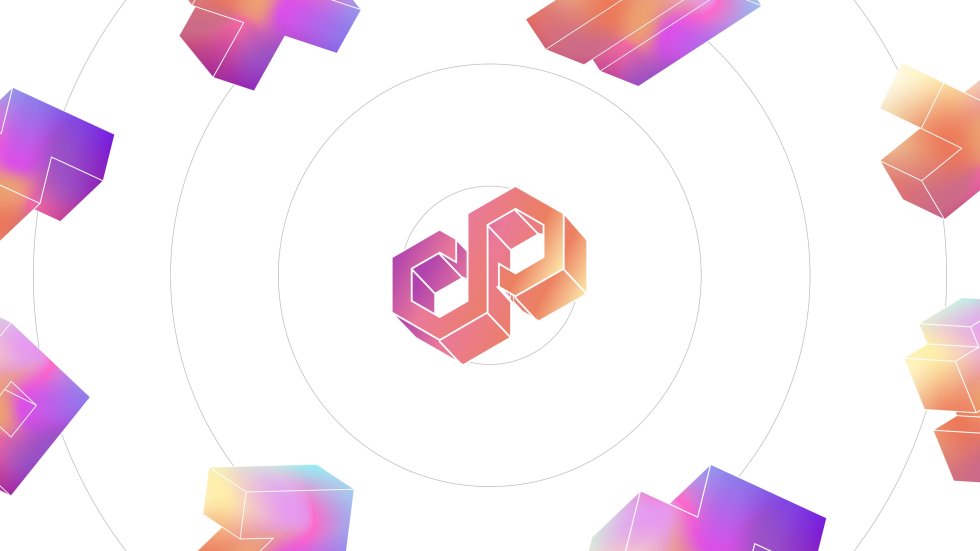Blockchain layer 2 solutions support cost- and scalability-savings. Among the Layer 2 methods that combine several transactions into a single transaction to boost network speed is rollups.
Different from the more typical Optimistic Rollups, ZK-Rollups have faster finality, more security and more privacy. The Polygon CDK toolkit is one advantage of ZK-Rollups, since it allows the easy deployment of zkEVM L2 chains on Ethereum.
Rollups help blockchains like Ethereum to process more transactions. They do this by combining multiple transactions into 1 and processing them off-chain, reducing the load on the main network. This is important for Ethereum which gets congested most of the time due to high usage.
Optimistic Rollups
Optimistic Rollups assumes transactions are valid unless proven otherwise. This approach is fast but requires a waiting period for anyone to challenge a transaction’s validity. Though affordable and simple, this waiting period may cause transactions to take several days longer to complete, which is problematic for customers who want their money right once. Security issues emerge since people are also responsible for detecting and reporting fraud.
Zero-Knowledge Rollups (ZK-Rollups)
ZK-Rollups uses mathematical proofs to verify transactions before they are added to the blockchain. This ensures each transaction is valid without revealing its details, more privacy. The benefits are faster finality as there’s no waiting period and more security as transactions are verified upfront.
However ZK-Rollups is more complex and requires more computational power so it’s harder and more expensive to implement. But its security and privacy makes it a good choice for applications that needs high confidentiality and fast processing.
Polygon CDK’s approach to ZK-Rollups
Scalability and speed of blockchains may be enhanced with the open-source Polygon CDK tool. For certain use cases, its modular architecture enables developers to build bespoke blockchain networks. With the Ethereum ecosystem, this flexibility enables the integration of several functionalities and supports Layer 2 networks to boost transaction efficiency and speed.
Benefits of Polygon CDK for ZK-Rollups
Polygon CDK supports Zero-Knowledge (ZK) technology for near-instant finality which is good for applications that needs fast transactions like DeFi and blockchain games. It uses algorithmic transaction confirmation to validate without revealing details, more security and user privacy.
Polygon CDK Approach Compared to other Platforms
Polygon CDK focuses on ZK-Rollups while others like Arbitrum Orbit and OP Stack uses Optimistic Rollups. Optimistic Rollups has longer finality due to the challenge period. ZK Stack also has Zero-Knowledge Rollup solution but lacks the modularity and customizability of Polygon CDK. So Polygon CDK is the best choice for developers who wants to build scalable and efficient blockchain networks.
Detailed Look at Polygon CDK
Polygon CDK has all this and more. LXLY Bridge connects multiple Polygon networks securely and fast, and gives access to shared liquidity across the Polygon universe. Developers have all assets and resources at their disposal.
Proof of Stake in Polygon CDK makes transactions and validation much simpler and lighter. Modular so you can customize blockchain solutions for your use case – create private chains with dedicated Data Availability Committees (DACs) for off-chain data.
Use Cases and Options
Polygon CDK for DeFi apps that need high throughput, custom security and gas fees. Architecture is designed to handle thousands of transactions. Customize security to make your app more reliable.
Real-World Applications: Companies Building on Polygon CDK
Astar
Astar, a platform in Japan’s Web3 space, has started using Polygon CDK. By integrating with AggLayer, Astar now has cross-chain transactions and liquidity, making the user experience feel like everything is on one chain. With Polygon zkEVM, Astar can create custom zero-knowledge blockchains, making cross-chain compatible. This has caught the attention of big Japanese companies and enabled projects like Deloitte NFT game and asset tokenization initiatives.
Swell
Swell, a liquid staking protocol, is using Polygon CDK. With a grant from Polygon Labs, Swell will integrate liquid staking tokens into the Polygon ecosystem and offer a Layer-2 rollup restaking solution. This will improve security and decentralization. With the Polygon zkEVM stack, Swell can handle large Total Value Locked (TVL) and a large user base, shows it’s focus on security and efficiency.
Moonveil
Moonveil, a Web3 gaming company, is using Polygon CDK to improve its ecosystem. By incorporating the Moonveil Eco Token and on-chain identification and interoperability, Moonveil will enhance the gaming experience and teamwork. Polygon CDK will allow Moonveil to provide multi-game statistics and seamless project connections, community involvement and flexible designs for 3rd party games. This shows Polygon CDK’s versatility in the gaming space.
Wilder World
Wilder World is using Polygon CDK’s ZK-Rollups for a secure and fast blockchain. It’s tokenizing various assets from land to avatars using the $WILD token to align incentives. Wilder World’s Meowchain built with Polygon CDK has gasless transactions and strong connectivity, powered by Celestia’s data availability network. This improves decentralization and scalability, for building immersive virtual worlds and games like “Midnight in Wiami”.
The Future of Polygon CDK and ZK-Rollups
With Polygon 2.0, the company plans a significant overhaul with an emphasis on user experience, security, and scalability. The new POL token is one of the main benefits; it will facilitate transactions and encourage network involvement. Further decentralization will result from Polygon 2.0’s increased community governance authority.
Ecosystem Growth
The Polygon ecosystem will grow with investments like the $90 million fund from Polygon Village. This fund will support projects and developers building on the Polygon network, to encourage innovation and new applications.
Predictions and Industry Impact
ZK-Rollups will become more mainstream in the blockchain space due to speed, security and privacy. Ethereum co-founder Vitalik Buterin said ZK-Rollups will be the leading rollup technology as ZK-SNARKs progress. This means ZK-Rollups will be big for blockchain scalability and app development.
Conclusion
ZK-Rollups are awesome for transaction speed, security and privacy in blockchain networks. Polygon CDK is leading this, with a flexible and powerful framework to build advanced blockchain systems. It supports all applications from gaming to defi. If you’re a developer looking to build scalable, secure and efficient blockchain apps, consider Polygon CDK.
Image: Polygon on Twitter
